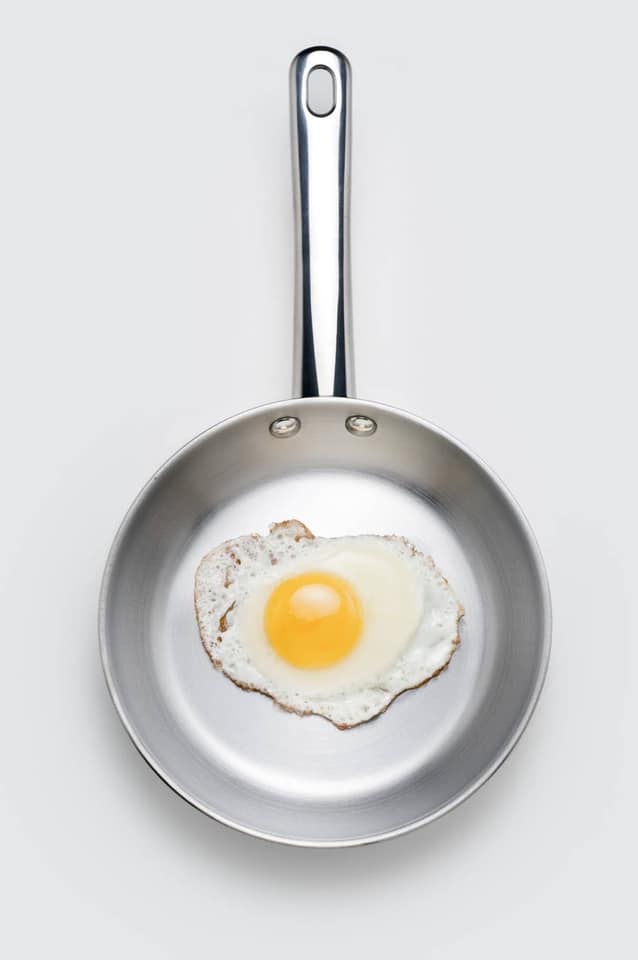
You may be eating clean and buying organic food, but it’s just as important to use non-toxic cookware to ensure that you’re keeping your family safe.
It’s important that you pay attention to the type of cookware you use especially nonstick cookware, which could be made using poly- and perfluoroalkyl substances (PFAS). These substances release perfluorooctanoic acid (PFOA), a carcinogenic chemical when heated. Also, many of them contain dangerous heavy metals that can flake off into your food during cooking.
IMPORTANT: There are two materials, that you should avoid – aluminum and Teflon. There’s been research that links high levels of aluminum to problems with the central nervous system, including one 2013 study in Immunologic Research that linked aluminum to Alzheimer’s, ALS, and autism spectrum disorders.
When buying pots and pans, choose items made from safe, non-toxic materials like cast iron, stainless steel, ceramic, porcelain enamel, and tempered glass.
Versión En Español
Puede estar comiendo limpio y comprando alimentos orgánicos, pero es igual de importante usar utensilios de cocina no tóxicos para asegurarse de mantener segura a su familia.
Es importante que preste atención al tipo de utensilios de cocina que utiliza, especialmente los utensilios de cocina antiadherentes, que podrían fabricarse con sustancias de poli y perfluoroalquilo (PFAS). Estas sustancias liberan ácido perfluorooctanoico (PFOA), un químico cancerígeno cuando se calienta. Además, muchos de ellos contienen metales pesados peligrosos que pueden desprenderse de los alimentos durante la cocción.
IMPORTANTE: Hay dos materiales que debe evitar: aluminio y teflón. Se han realizado investigaciones que vinculan los altos niveles de aluminio con problemas con el sistema nervioso central, incluido un estudio de 2013 en Immunologic Research que relacionó el aluminio con el Alzheimer, la ELA y los trastornos del espectro autista.
Al comprar ollas y sartenes, elija artículos hechos de materiales seguros y no tóxicos como hierro fundido, acero inoxidable, cerámica, esmalte de porcelana y vidrio templado.
